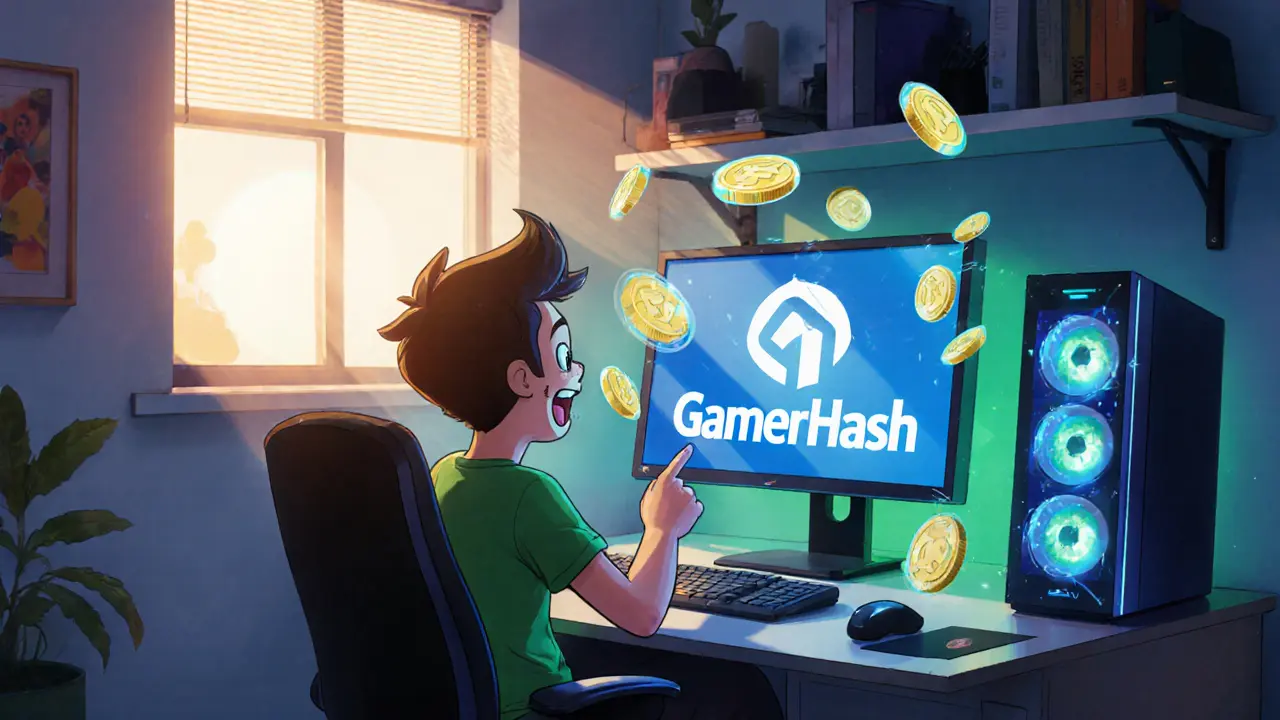GamerCoin: The Play‑to‑Earn Meme Token Explained
When talking about GamerCoin, a community‑driven meme cryptocurrency that rewards gamers for in‑game achievements and esports participation. Also known as GCoin, it blends play‑to‑earn mechanics with tokenomics that encourage short‑term speculation and long‑term staking. GamerCoin lives at the crossroads of three major ideas. First, it is a meme coin, a digital asset whose price is largely driven by viral hype, memes and community sentiment. Second, it relies on crypto airdrop, free token distribution campaigns that jump‑start user adoption and create buzz around a new project. Third, it offers staking, a way for holders to lock their tokens in exchange for regular rewards while helping secure the network. These three pillars shape the way GamerCoin attracts both gamers looking for extra loot and crypto enthusiasts hunting for the next viral swing. The token’s supply caps at 1 billion units, with 30 % allocated to airdrop pools, 20 % reserved for staking incentives, 15 % for the development team, and the remaining 35 % spread across community contests, esports sponsorships and liquidity provision. Because the token runs on a fast‑moving layer‑2 solution, transaction fees stay under a cent, making micro‑rewards practical for daily gaming sessions.
GamerCoin doesn’t exist in a vacuum; it pulls in several related ecosystems. It often trades on decentralized exchanges, platforms that let users swap tokens without a central intermediary, using automated market makers or order‑book models, which means liquidity can surge when a popular game announces a partnership. The token is also subject to emerging regulatory frameworks, rules that governments are drafting to oversee crypto activities, from anti‑money‑laundering checks to tax reporting obligations. In regions like Norway and Algeria, recent news shows how crypto mining and token sales face strict scrutiny, so GamerCoin holders need to stay aware of jurisdiction‑specific filing requirements. On the upside, the token’s design includes a built‑in governance layer that lets stakers vote on future game integrations, airdrop schedules, and fee adjustments—essentially letting the community steer the roadmap. This governance model creates a feedback loop: more active gamers stake more tokens, which amplifies their voting power, which then shapes the token’s utility, attracting even more gamers. Below you’ll find a curated set of articles that dive deeper into each of these angles—from detailed airdrop guides and staking calculators to tax reporting tips and exchange reviews—so you can decide whether GamerCoin fits into your crypto strategy.
GamerHash (GHX) Airdrop Explained: How to Claim, Token Details & Rewards
Learn how to claim the GamerHash (GHX) airdrop, understand token details, bonus program, and how to turn idle GPU power into earnings.
- 22
- Read More
